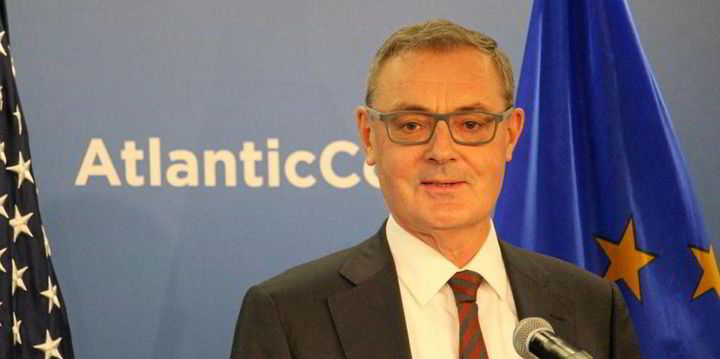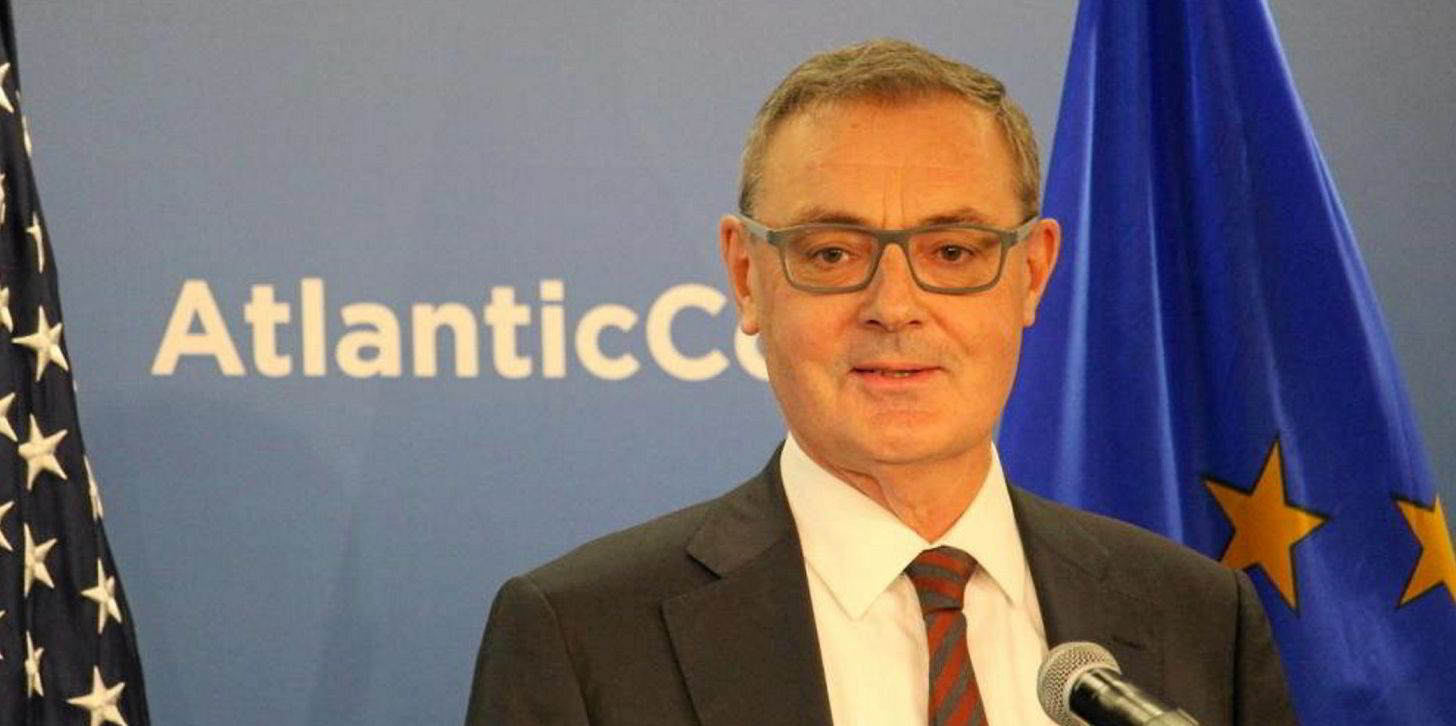OPINION: The European Union has shied away from publicly announcing intentions to impose secondary sanctions on oil-rich Kazakhstan following the visit of the bloc’s Special Envoy on Sanctions David O’Sullivan and two days of seminars in Astana earlier this week.
Risks of secondary sanctions on Kazakhstan and Kazakh companies facilitating the transit of sanctioned commodities through the country to Russia have been noted by the World Bank, the European Bank for Reconstruction & Development and international consultancy Baker McKenzie.
The sanctions have highlighted Kazakhstan’s precarious position, as the country depends heavily on neighbour Russia in non-energy trade relations.
In January 2022, President Kassym-Jomart Tokayev kept his grip on power after calling on Russia and its closest ally, Belarus, to send troops to patrol streets of major cities in Kazakhstan and help clamp down on protests against his rule.
Western investment
But Kazakhstan also relies on Western oil majors, including Chevron of the US and Italy’s Eni, to secure multibillion-dollar investments and expertise in running its Tengiz, Kashagan and Karachaganak high-pressure developments.
Tengiz, Kashagan and Karachaganak are major contributors to Kazakhstan’s oil exports of 1.3 million barrels per day.
Article continues below the advert
Revenues from the three projects form a large share of the nation’s budget and are set to increase later this year when the Tengiz field’s production expansion project comes online.
More than a year after Russia’s invasion of Ukraine, Kazakhstan has become key for Russian authorities and companies as they look to circumvent international sanctions introduced to limit their access to dual-use goods and semiconductors, which may be used by the military.
With both countries being members of the Eurasian Economic Union, commodities imported from the EU to Kazakhstan can freely cross into Russia without custom clearance or oversight.
As well as the transit of sanctioned commodities, Russia uses its neighbour to help improve its military capacity, conducting a test of its new intercontinental ballistic missile at Kazakhstan’s Sary-Shagan range earlier in April.
Such missiles are a clear threat to Europe and the US, if judged by Russia’s rhetoric that it is fighting NATO and the West in Ukraine.
Meanwhile, Kazakh opposition leaders, led by Mukhtar Ablyazov, believe that Tokayev — a graduate of the former KGB-controlled Institute of Foreign Relations in Moscow — is neither able nor willing to break his bond with Russia.
With the war in Ukraine, on Europe’s doorstep, having entered its second year the EU needs to drop the illusion that Tokayev and Kazakh authorities can act independently from Russia and formulate a stronger response to Moscow’s facilitators.
(This is an Upstream opinion article.)

